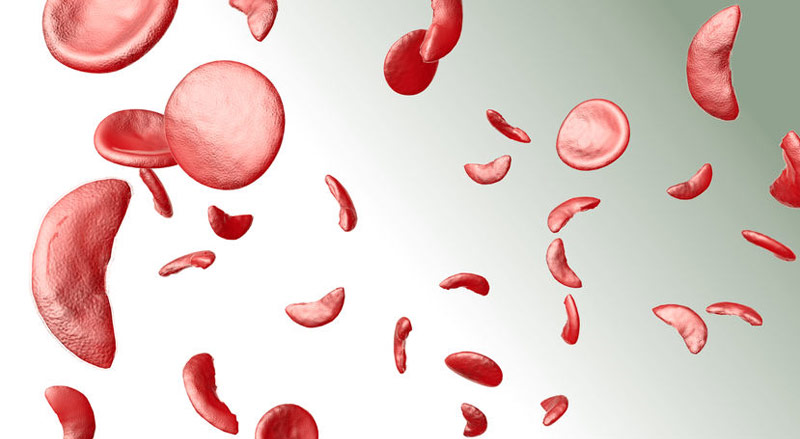
New mRNA Cancer Vaccine Shows Promise in Treating Glioblastoma
Glioblastoma, the most prevalent form of brain cancer, poses significant challenges to treatment with a meager average five-year survival rate of 6.9%. Recent studies indicate a rising incidence of glioblastoma due to factors like an aging population and environmental elements such as air pollution.
In response to this pressing need, researchers from the University of Florida have pioneered a novel mRNA cancer vaccine aimed at reprogramming the body's immune system to combat glioblastoma. The study's results, published in the journal Cell, offer hope for improved outcomes in glioblastoma treatment.
Dr. Elias Sayour, the lead author of the study, emphasized the urgency of finding effective treatments for glioblastoma, noting that despite medical advancements, outcomes for this form of brain cancer have remained largely unchanged for decades. The team at the University of Florida sought to explore the potential of mRNA vaccines, building on promising results from previous immunotherapy approaches.
The personalized nature of mRNA vaccines presents a significant advantage in cancer treatment. By utilizing the patient's own tumor cells to create a tailored vaccine, researchers can target the unique genetic makeup of each individual's cancer, enhancing the efficacy of the treatment.
In a trial involving 10 pet dogs with naturally occurring brain tumors, the mRNA cancer vaccine demonstrated remarkable results, with treated dogs living significantly longer than expected. Building on these findings, the researchers expanded their investigation to a small FDA-approved clinical trial involving four human participants with glioblastoma.
The results from the human trial were equally promising, with participants exhibiting a rapid transition from a suppressed immune response to an active immune response within 48 hours of receiving the mRNA vaccine. While it is still early to assess the clinical impact, researchers noted extended disease-free survival and improved overall survival rates among participants.
Looking ahead, researchers emphasize the importance of conducting larger clinical trials to validate the efficacy and safety of the mRNA cancer vaccine. By expanding the scope of their research and including a more diverse patient population, scientists aim to gain a deeper understanding of how this innovative treatment can reshape the landscape of glioblastoma therapy.
Dr. Wael Harb, a hematologist and medical oncologist not involved in the study, commended the promising approach of utilizing systemic immune response to reprogram the tumor microenvironment. He stressed the need for well-designed clinical trials to further explore the potential of mRNA vaccines in treating glioblastoma, highlighting the importance of safety, efficacy, and the identification of biomarkers to monitor treatment response.
As research in cancer vaccines continues to evolve, the development of effective treatments for glioblastoma remains a critical area of focus, offering hope for improved outcomes and quality of life for patients battling this devastating disease.